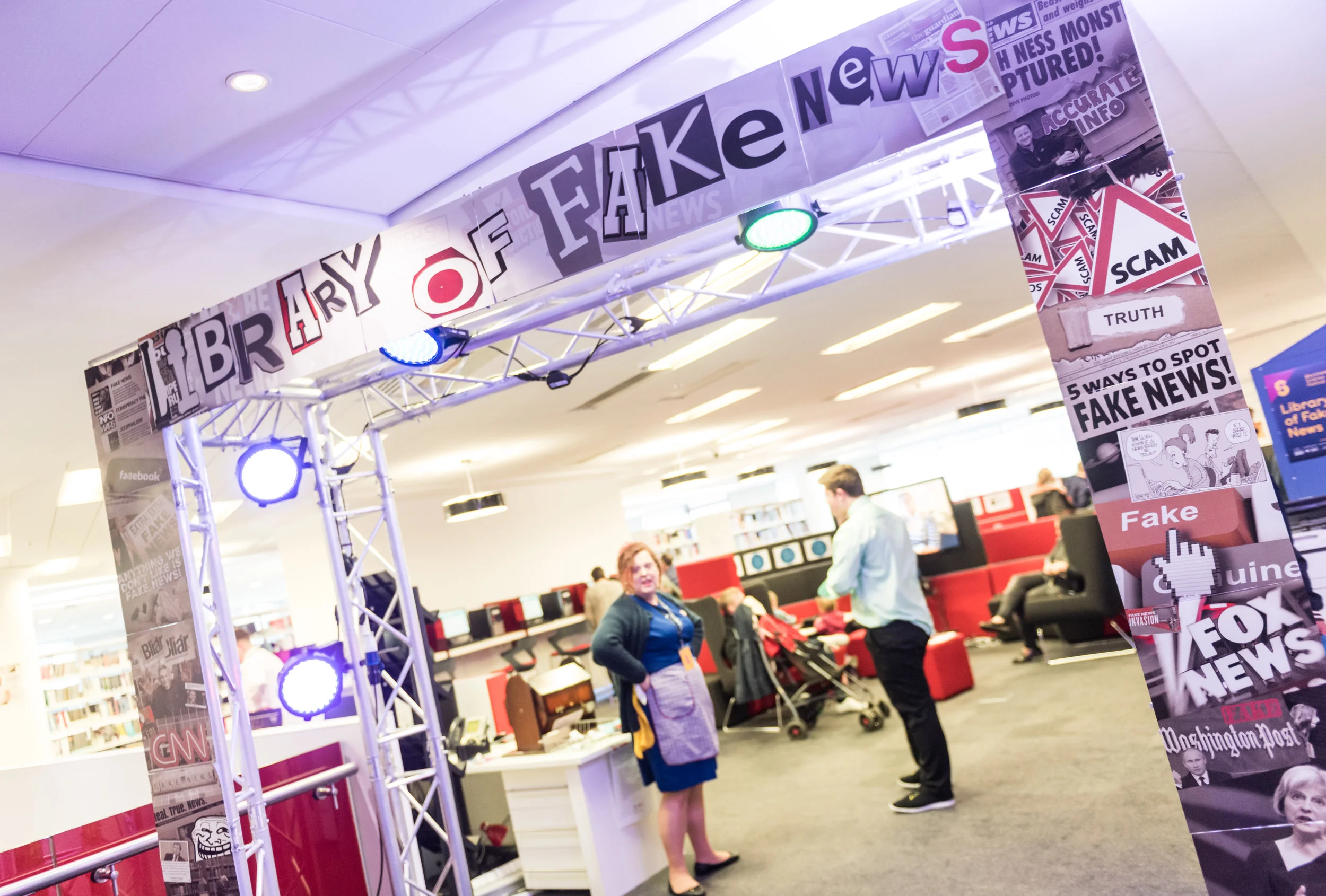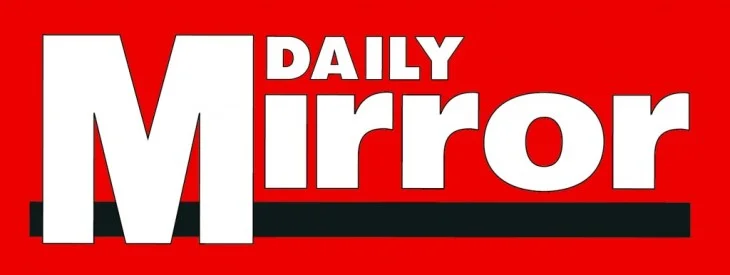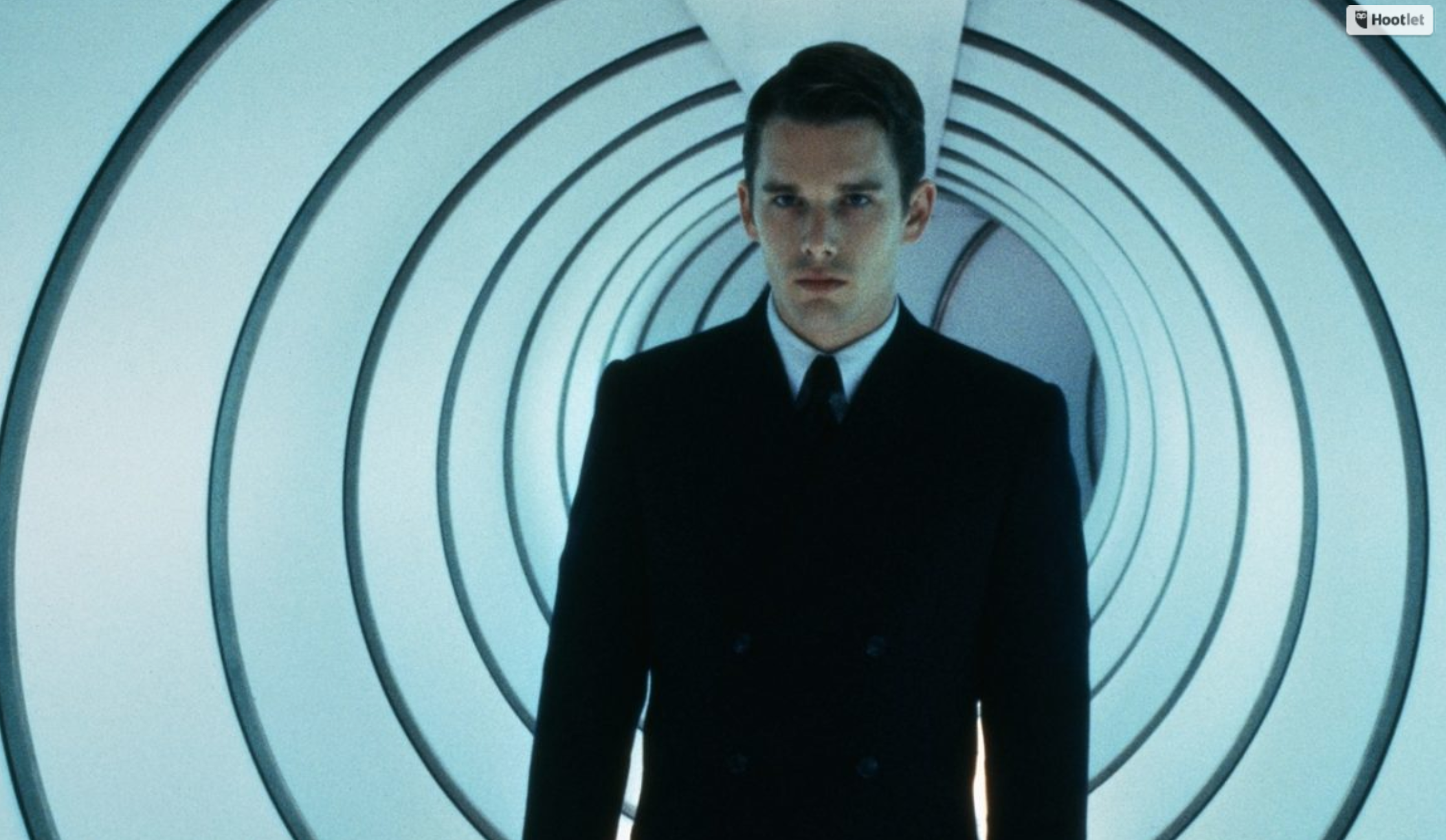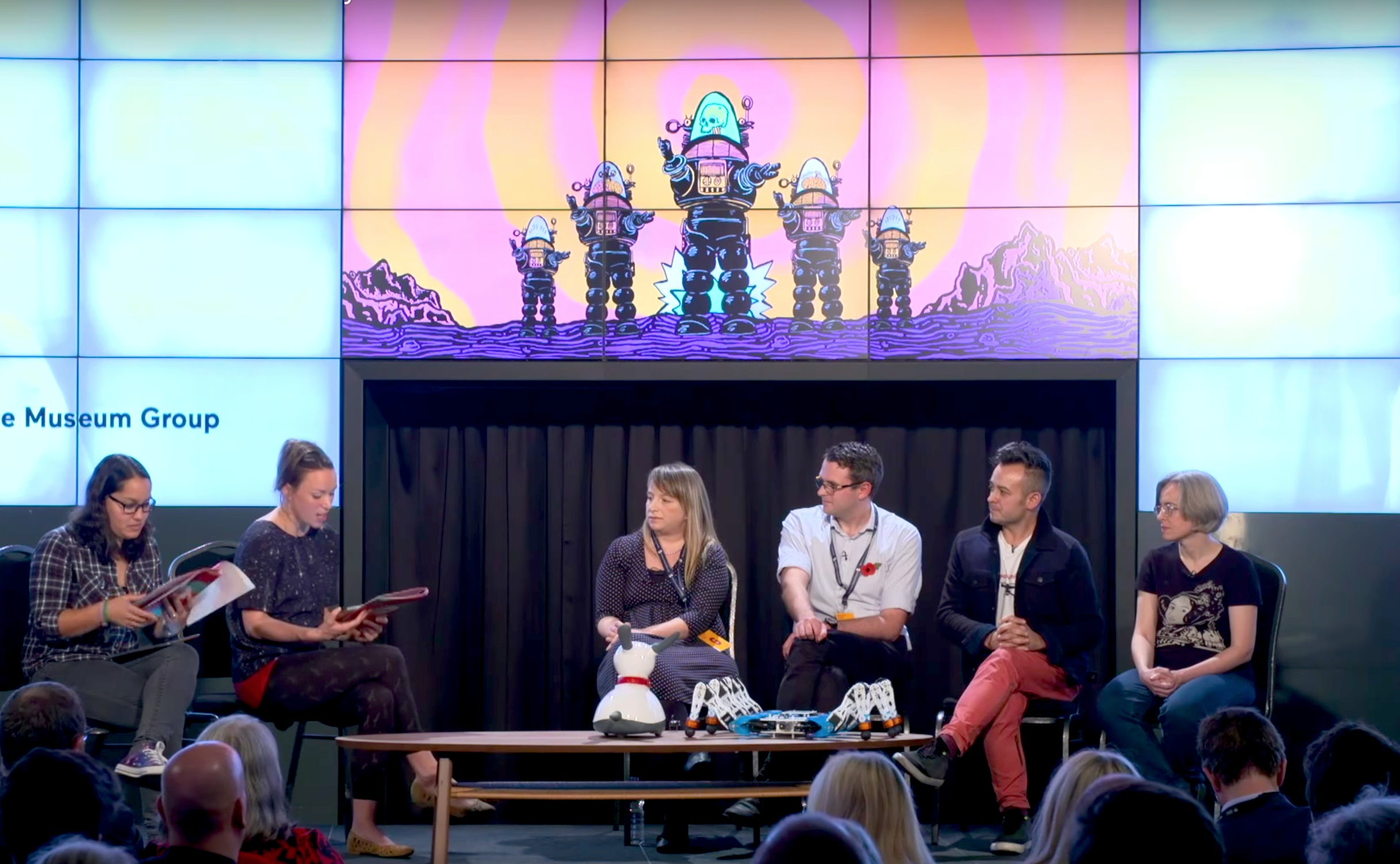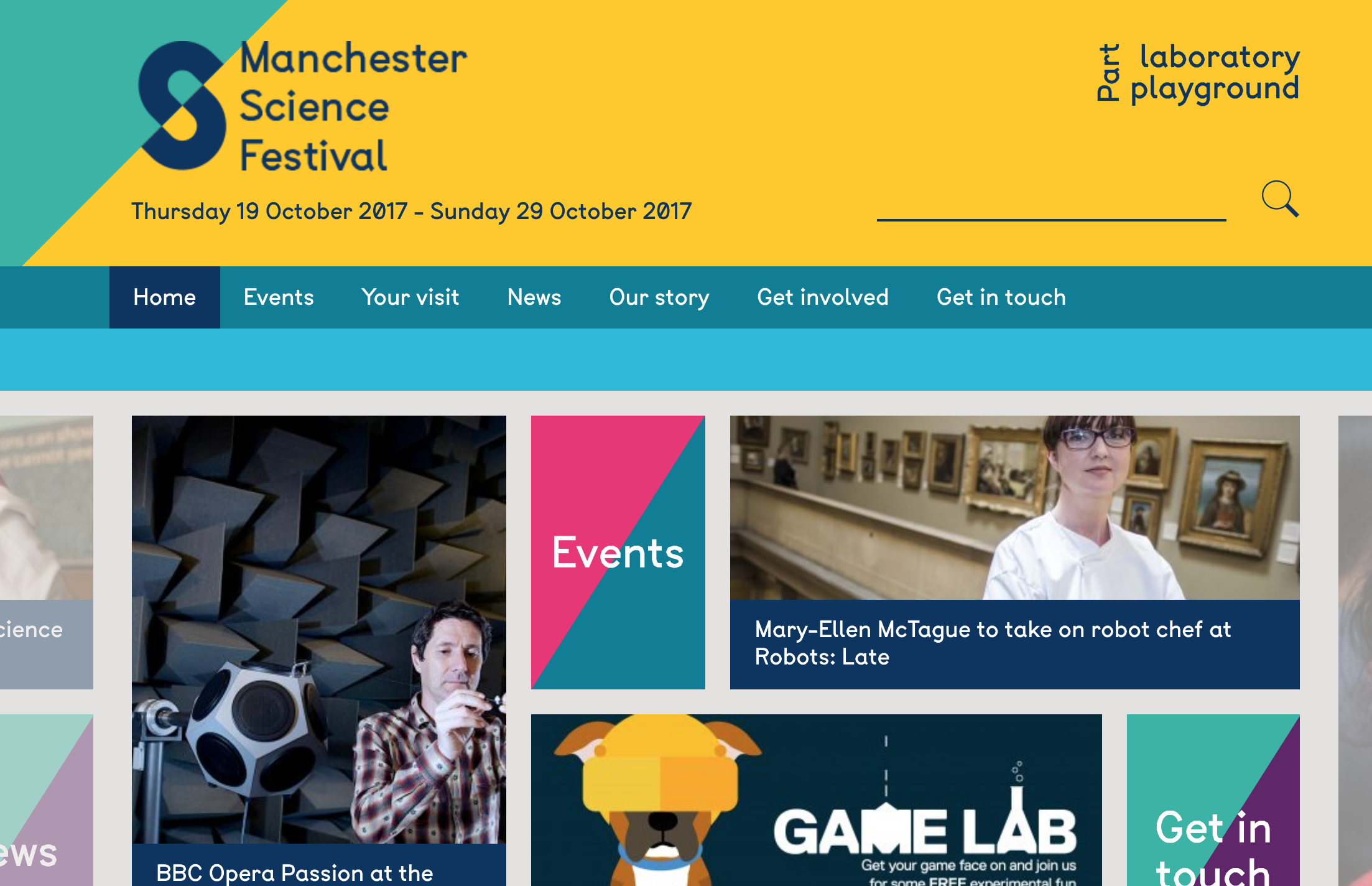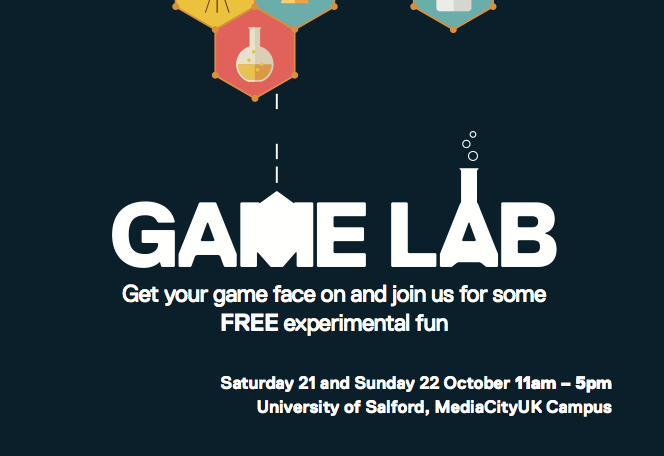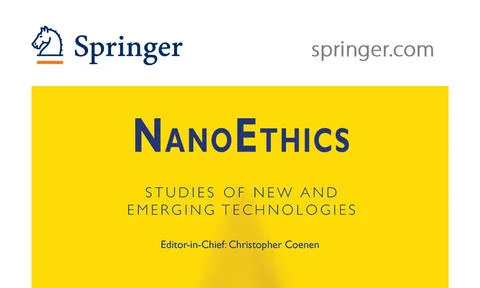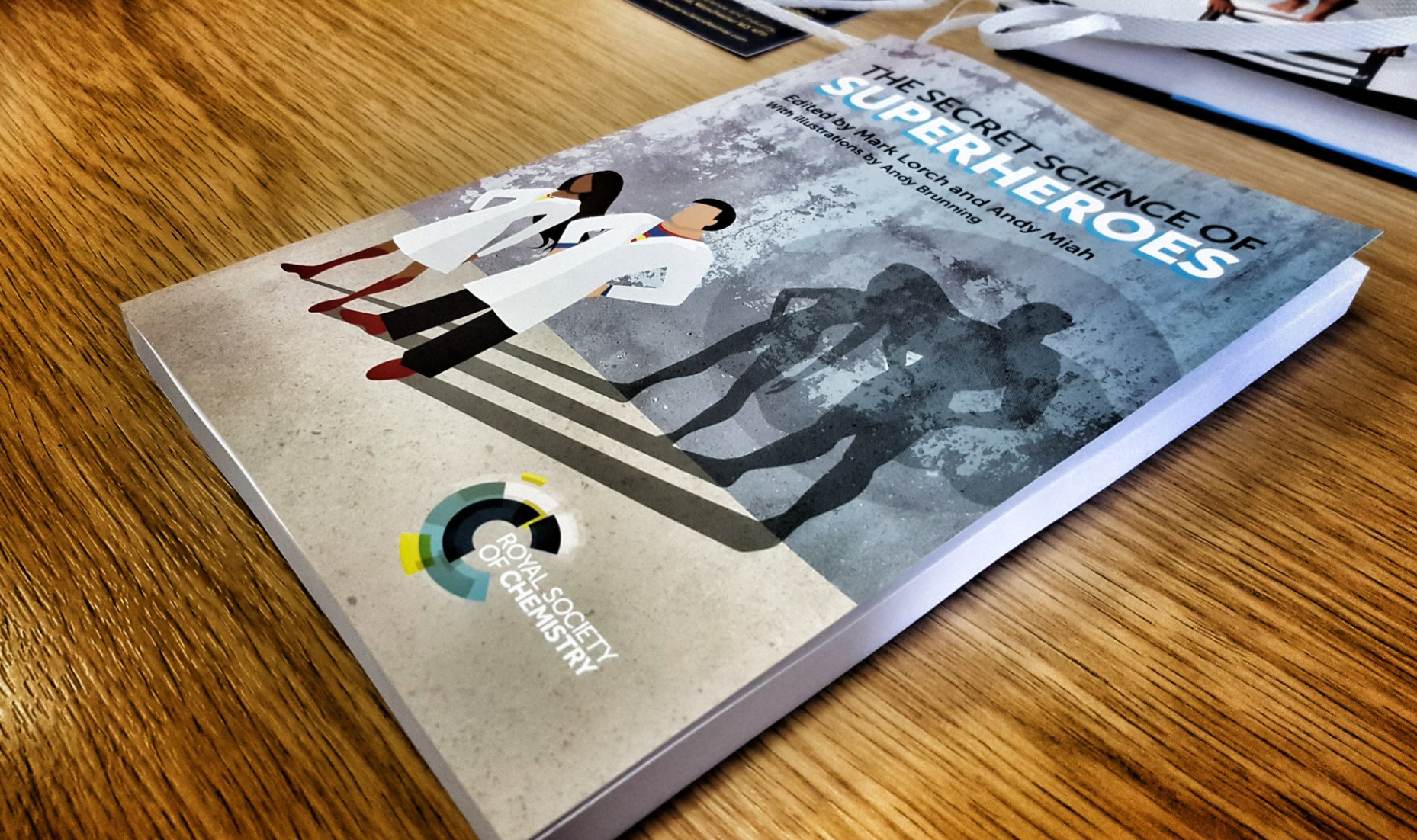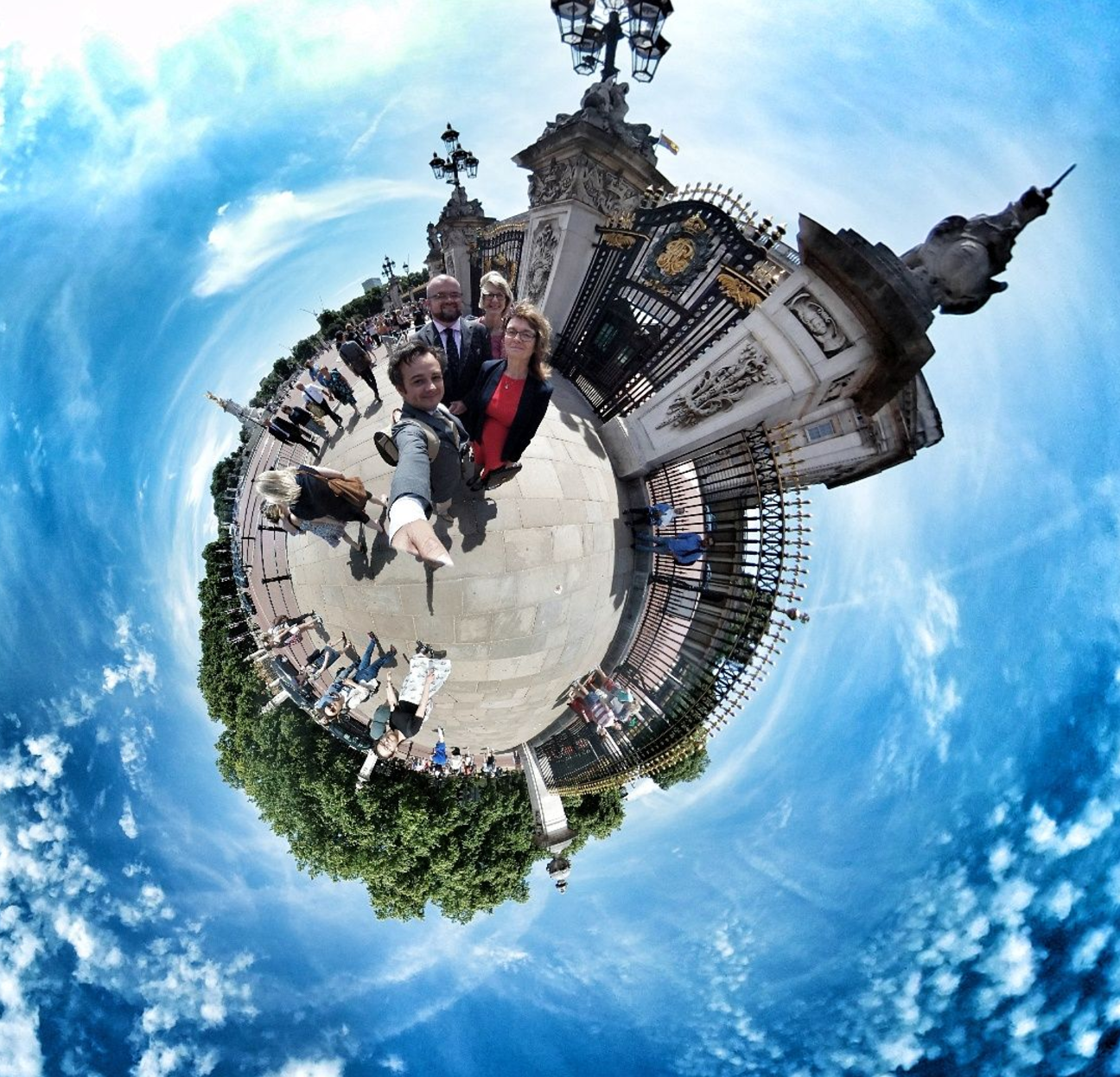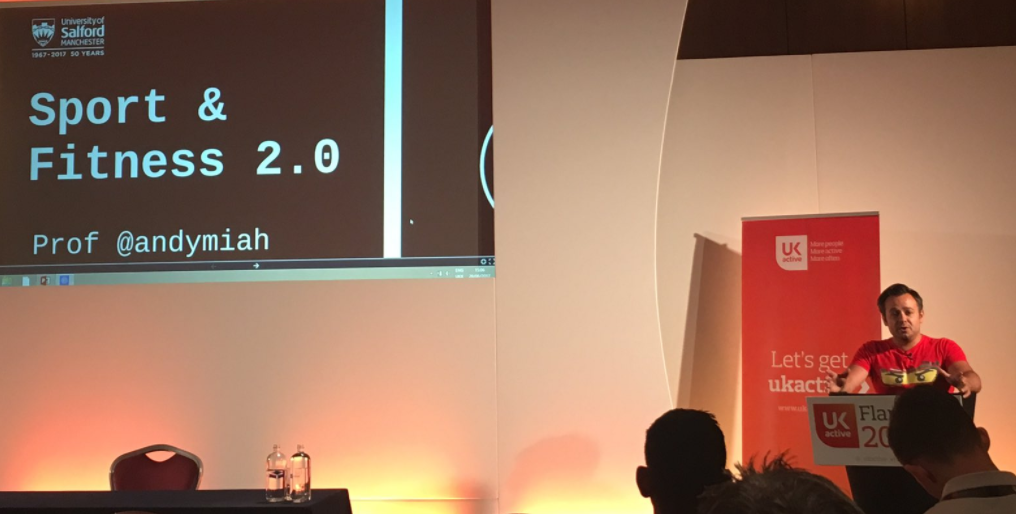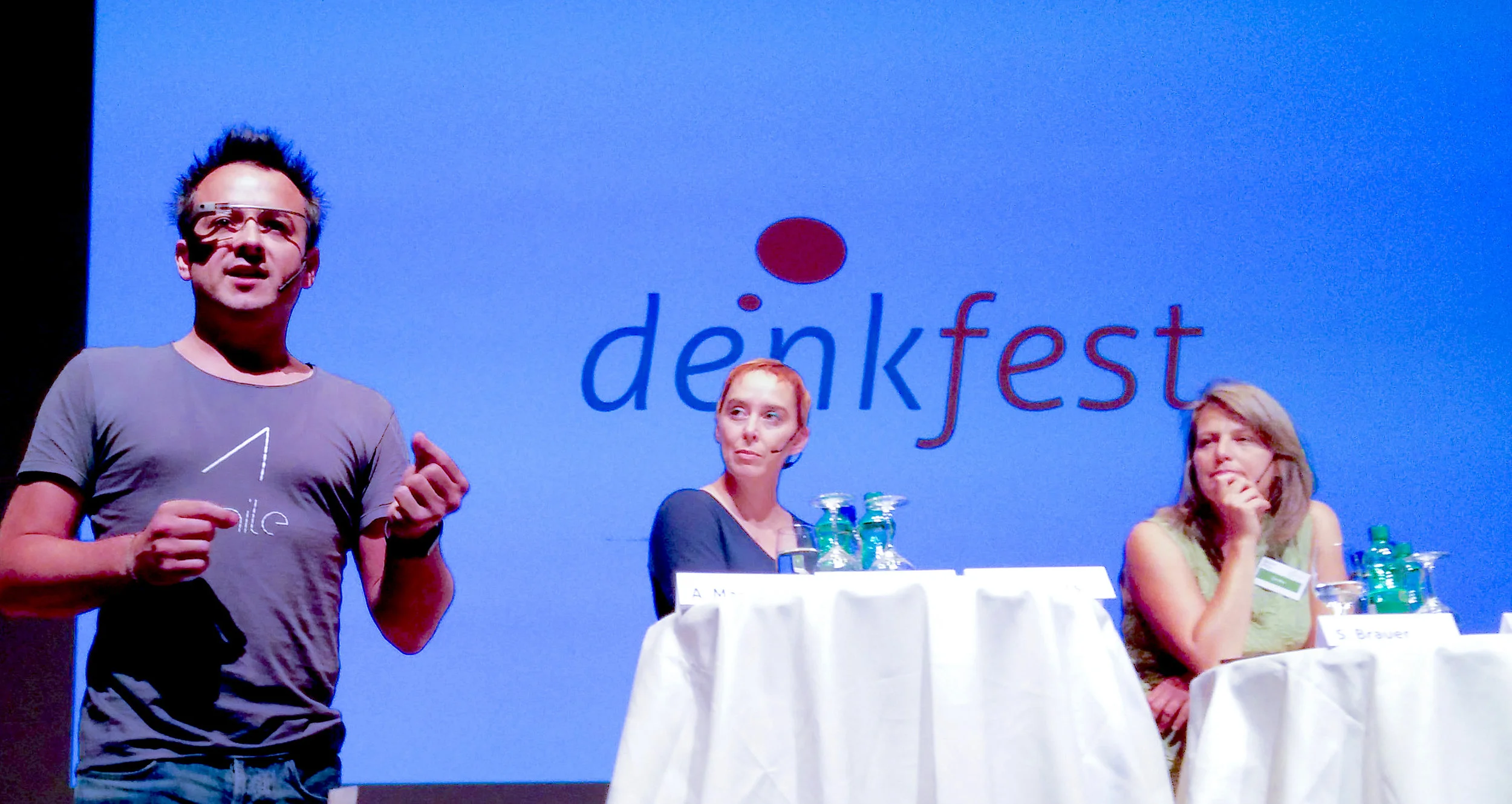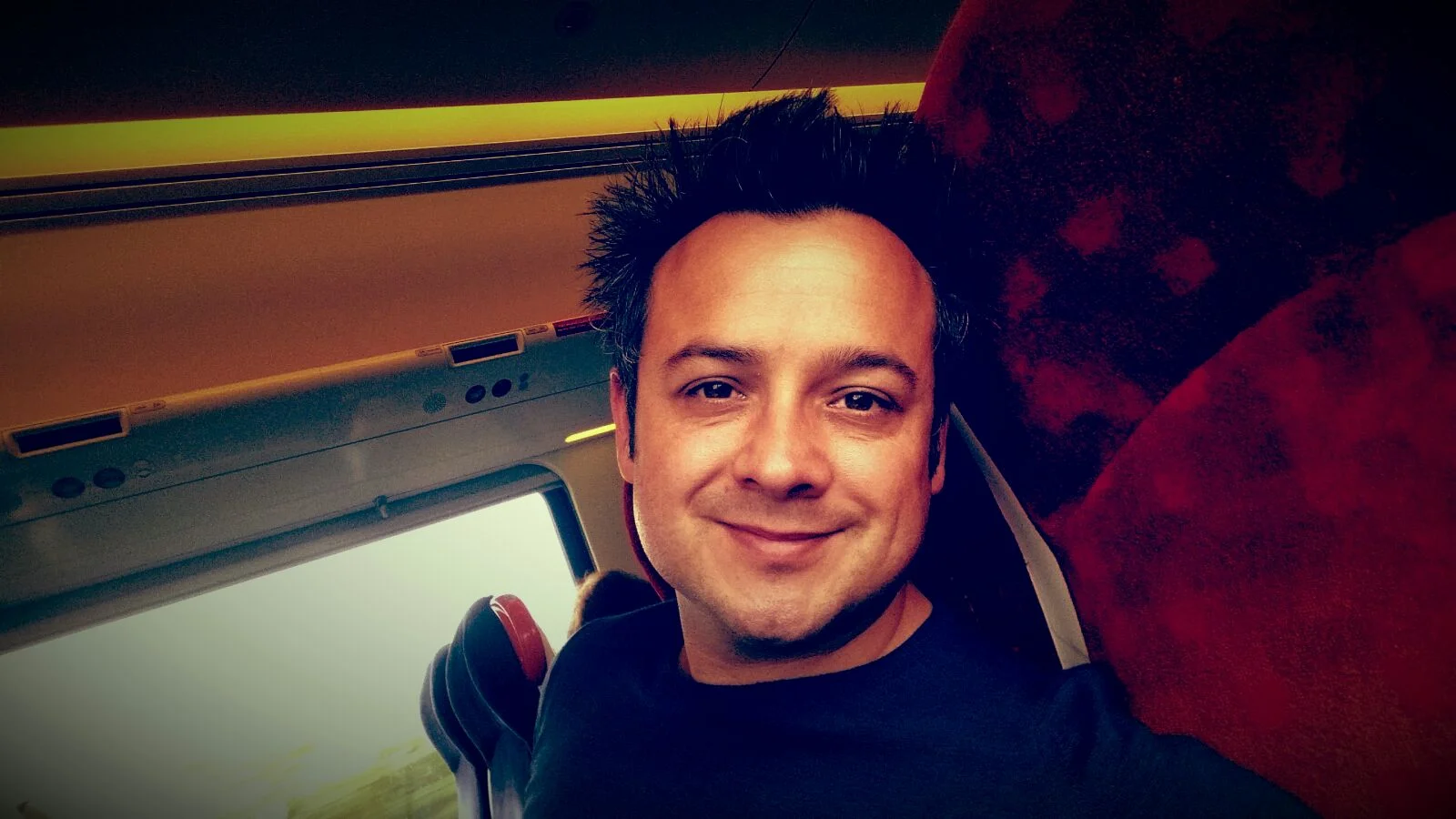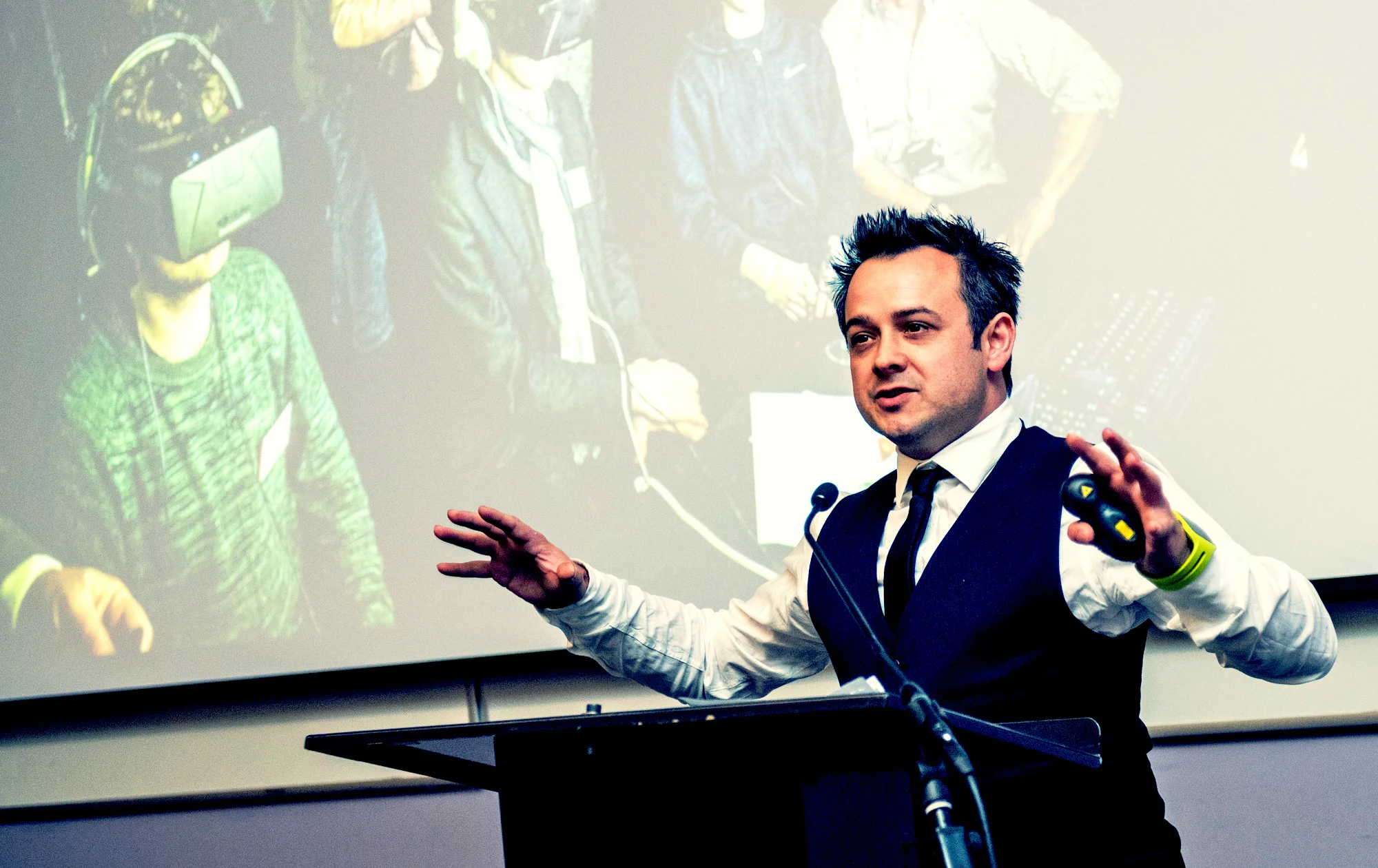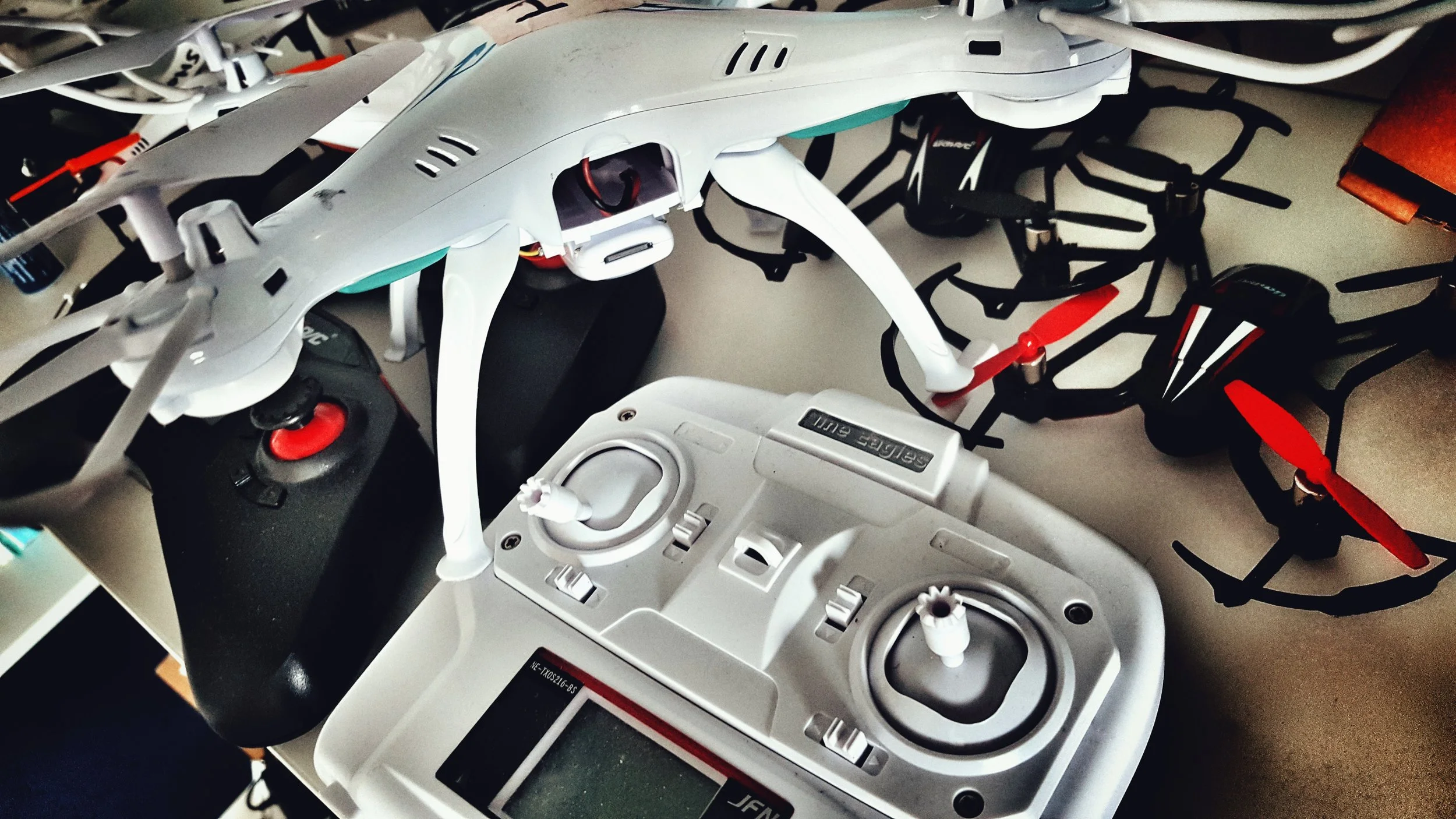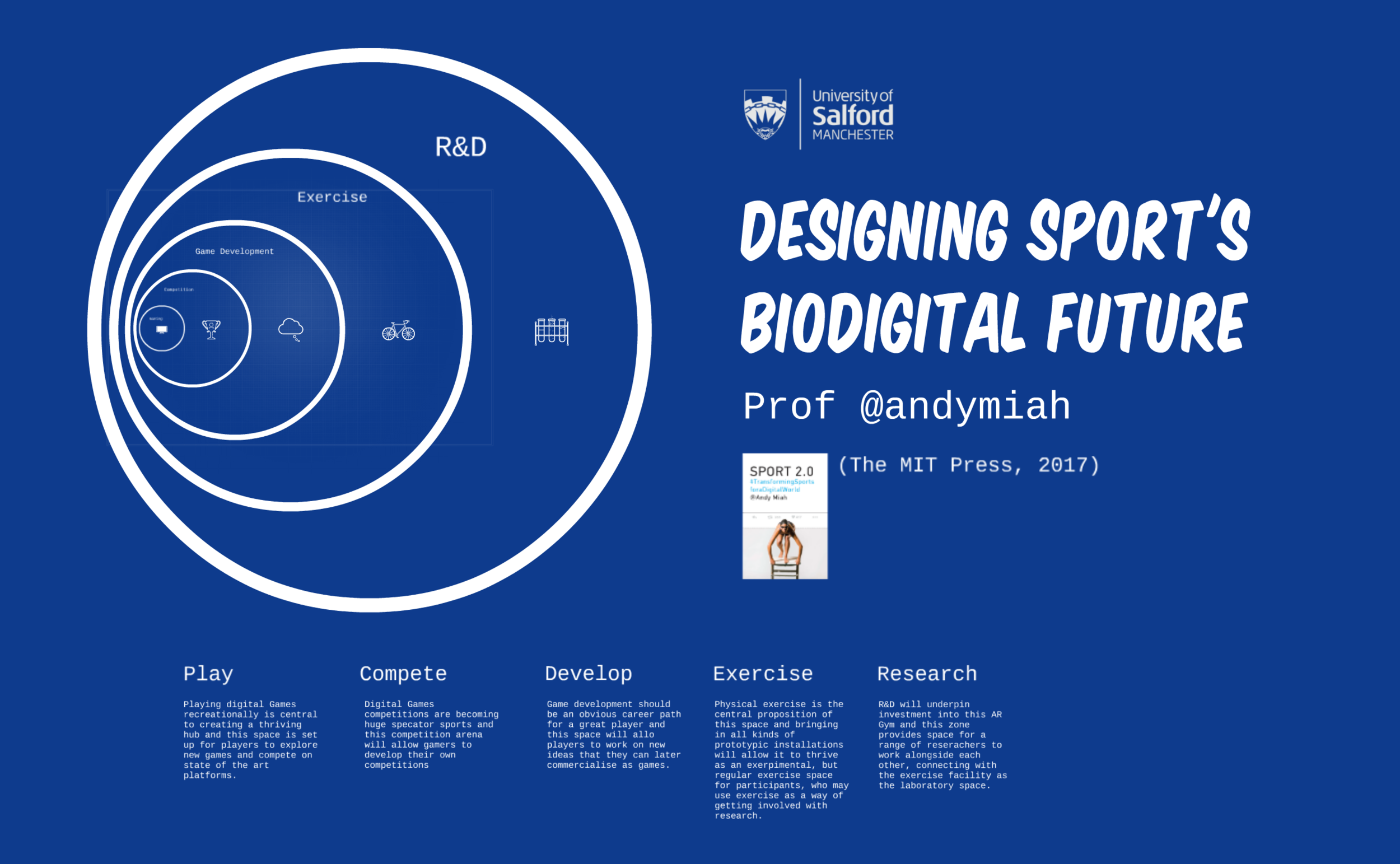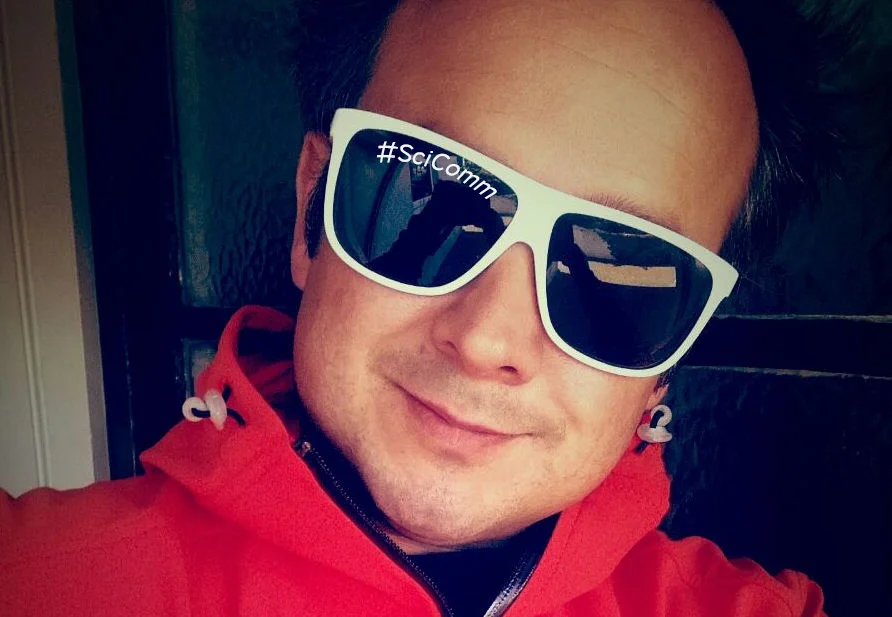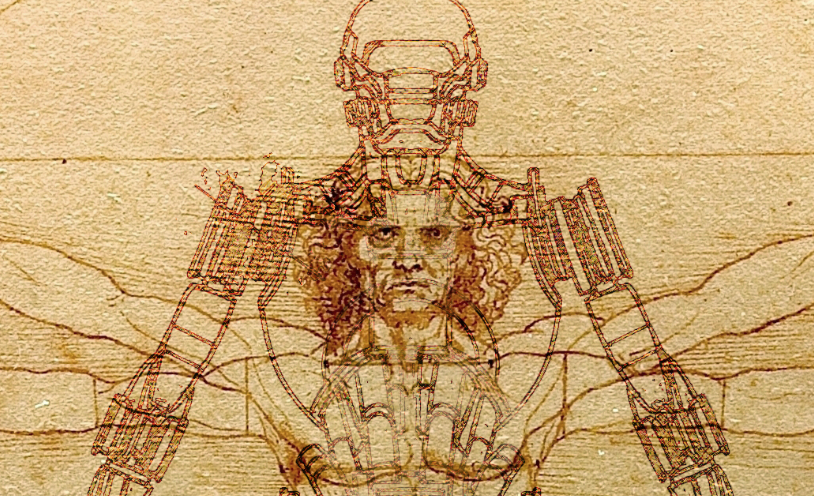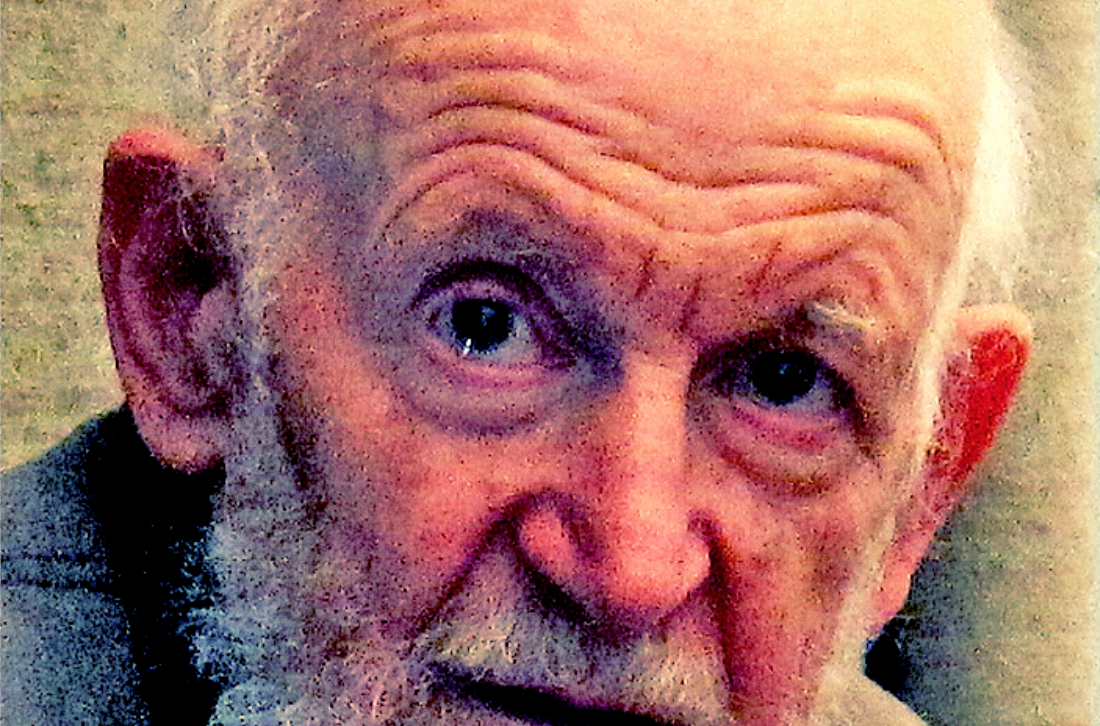A couple of weeks ago, I spoke at an event hosted by the British Association of Science Writers focused on Fake News and Scientific Journalism. I was anxious first to draw our attention to the absurdity of this discussion, as it has been inflicted on us by Trump and his ridiculous accusations of fake news towards established, credible media organizations.
Anyway, moving on, we are here, the discourse has taken off and shone a light on how news information becomes indistinguishable from blatantly fake news, but also how it becomes blurred with entertainment.
My main concern in this is are the squeeze that printed press face, as a result of the social media era. We need to find better ways to support investigative journalism, but we also need to understand how people encounter news information across their day and across different devices. Otherwise, we are failing to take into account how this affects their receptiveness to certain media formats, or just the cognitive process that operates around such journeys.
A few weeks ago, we created the Library of Fake News as an installation for the Manchester Science Festival and I believe we need libraries to help us navigate this complex world of web news, where bottom line interests dominate all stakeholders. Libraries may be our only independent public institution that can help us wade through the noise and figure out what's really going on in the world.


